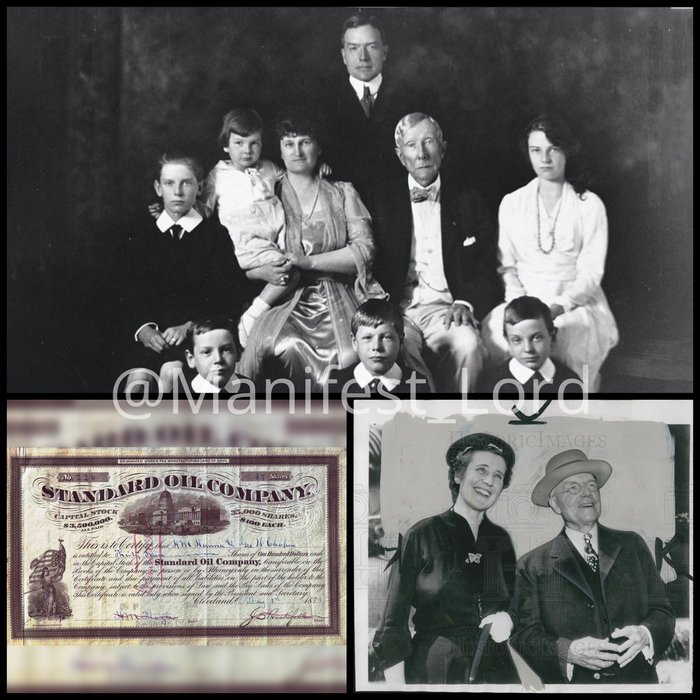Sublime
An inspiration engine for ideas


Rockefeller also may have been unique among oil executives for his understanding of distribution. Kerosene—illuminating oil—was arguably the first global consumer product. (Grain markets were global, of course, but grain was usually processed locally into flour or bread before being sold to consumers.) Rockefeller pursued tightly integrated
... See moreCharles R. Morris • The Tycoons: How Andrew Carnegie, John D. Rockefeller, Jay Gould, and J. P. Morgan Invented the American Supereconomy
The Standard’s commitment to long-distance pipelines was the beginning of the end of the railroads’ dominant role in petroleum transport. Rockefeller began to negotiate what were effectively reverse-rebate arrangements, guaranteeing the roads minimum returns for maintaining their oil-shipping facilities whether or not he used them. The last step in
... See moreCharles R. Morris • The Tycoons: How Andrew Carnegie, John D. Rockefeller, Jay Gould, and J. P. Morgan Invented the American Supereconomy
As usual, Rockefeller did not haggle over the price of $3.4 million. He even let Scott demand that $2.5 million of it be paid in cash within twenty-four hours, necessitating flying visits by him and William to their New York and Cleveland bankers to gather up funds. When his other partners balked at including a fleet of antiquated lake barges in
... See moreCharles R. Morris • The Tycoons: How Andrew Carnegie, John D. Rockefeller, Jay Gould, and J. P. Morgan Invented the American Supereconomy
The rollup was also managed with great stealth. An express condition of the first round of acquisitions is that they were to be kept secret. All of the acquired companies retained their management teams and their names, and, at least nominally, their own stock. Each of them then pursued a regional acquisition strategy in its own name and with its
... See moreCharles R. Morris • The Tycoons: How Andrew Carnegie, John D. Rockefeller, Jay Gould, and J. P. Morgan Invented the American Supereconomy
The muckraker Ida Tarbell once dismissed Rockefeller as a man with the “soul of a bookkeeper,” an image that has stuck to him ever since. It was true that he loved the completeness and concreteness of good ledgers, and insisted that every entry, every tally, every invoice had to be right; but the “bookkeeper” label does not begin to capture the
... See moreCharles R. Morris • The Tycoons: How Andrew Carnegie, John D. Rockefeller, Jay Gould, and J. P. Morgan Invented the American Supereconomy
With a huge war chest and no public security holders, Rockefeller could fight a no-quarter war for as long as Scott and Potts chose to bleed. Characteristically, he kept the war very focused. As A. J. Cassatt, a later Pennsylvania president, told a House committee, “They simply insisted that they could not make any arrangement with us for the
... See moreCharles R. Morris • The Tycoons: How Andrew Carnegie, John D. Rockefeller, Jay Gould, and J. P. Morgan Invented the American Supereconomy
As a young man, we see him joining new settings, a church, perhaps, or an association of oilmen, and somehow, without apparent effort or almost without saying anything, he always emerges as the leader. Rockefeller was well built, though not as tall as his father, and a good athlete who enjoyed vigorous work—he loved to pitch in with the men at the
... See moreCharles R. Morris • The Tycoons: How Andrew Carnegie, John D. Rockefeller, Jay Gould, and J. P. Morgan Invented the American Supereconomy
(Rockefeller borrowed aggressively from banks, but those were mostly cash flow loans that were quickly repaid, not long-term investment capital.)